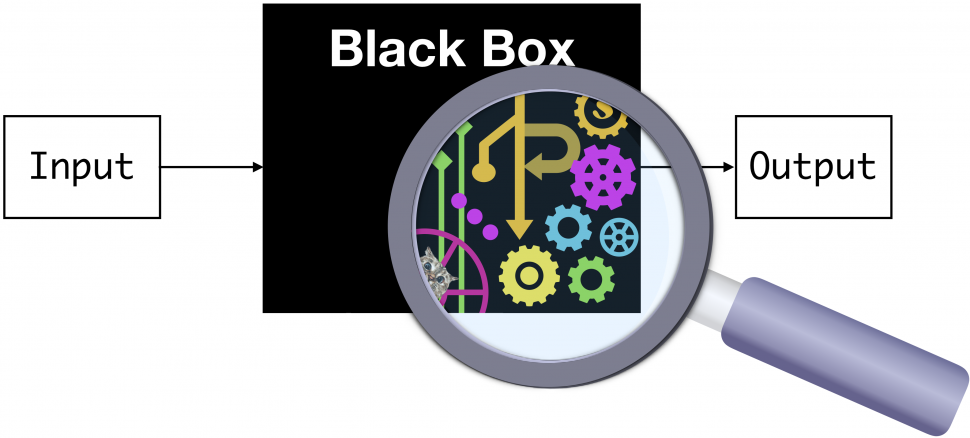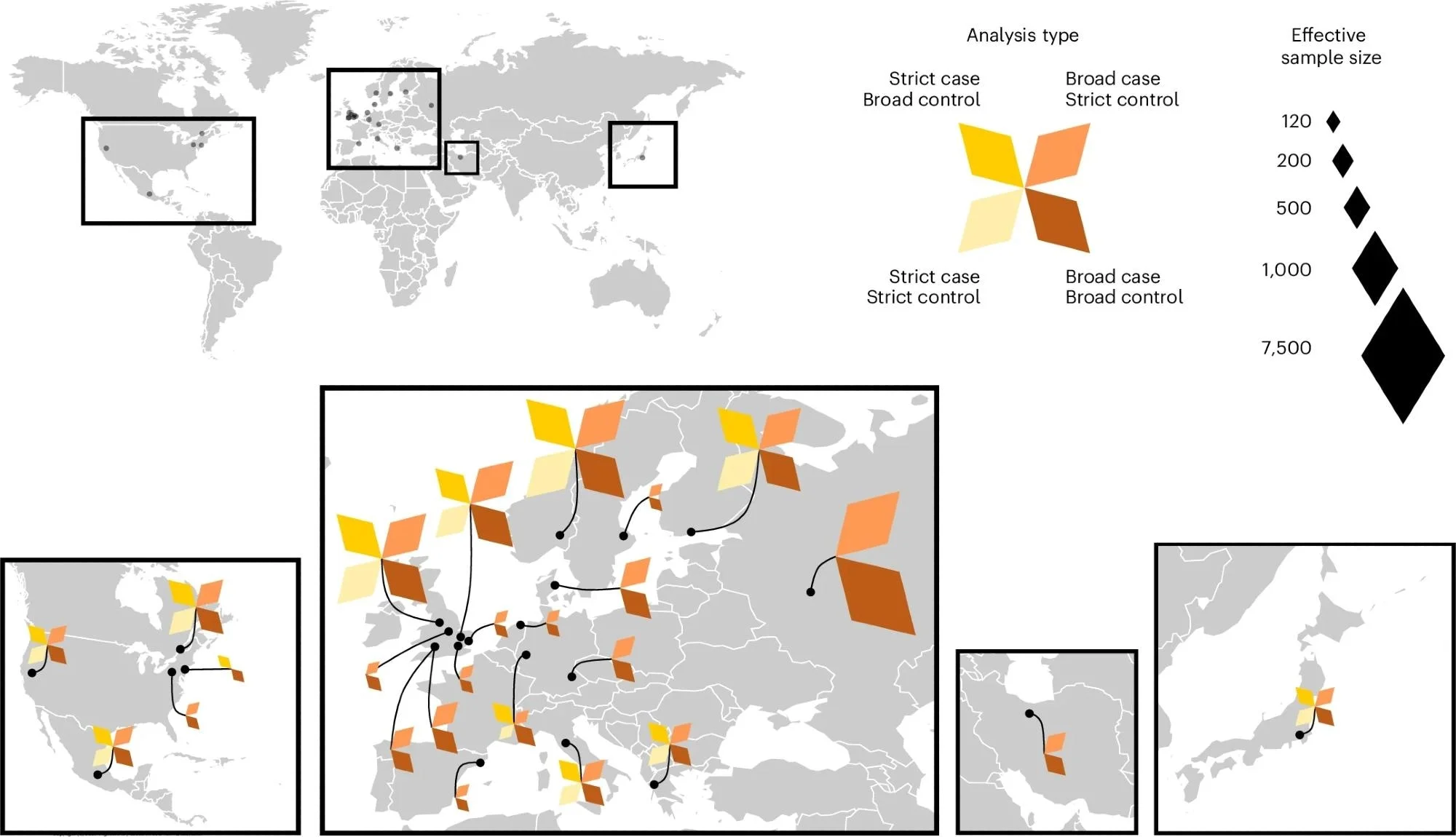- Courses
- GS Full Course 1 Year
- GS Full Course 2 Year
- GS Full Course 3 Year
- GS Full Course Till Selection
- Answer Alpha: Mains 2025 Mentorship
- MEP (Mains Enrichment Programme) Data, Facts
- Essay Target – 150+ Marks
- Online Program
- GS Recorded Course
- Polity
- Geography
- Economy
- Ancient, Medieval and Art & Culture AMAC
- Modern India, Post Independence & World History
- Environment
- Governance
- Science & Technology
- International Relations and Internal Security
- Disaster Management
- Ethics
- NCERT Current Affairs
- Indian Society and Social Issue
- NCERT- Science and Technology
- NCERT - Geography
- NCERT - Ancient History
- NCERT- World History
- NCERT Modern History
- CSAT
- 5 LAYERED ARJUNA Mentorship
- Public Administration Optional
- ABOUT US
- OUR TOPPERS
- TEST SERIES
- FREE STUDY MATERIAL
- VIDEOS
- CONTACT US
BAN ON DONKEY SKIN TRADE: AFRICAN UNION
BAN ON DONKEY SKIN TRADE: AFRICAN UNION
28-02-2024
- In February 2024, during the 37th African Union Summit in Ethiopia, African heads of state unanimously agreed to a historic ban on the trade of donkey skin.
- This is a significant outcome following the Dar es Salaam declaration adopted at the 1st AU-IBAR Pan-African Donkey Conference in December 2022.
- This ban prohibits the killing of donkeys across the continent for their skin.
What is the Dar es Salaam declaration?
The Dar es Salaam declaration was signed in Tanzania during the Pan African Donkey Skin Conference, organized by the African Union-Interafrican Bureau for Animal Resource (AU-IBAR).
- Government ministers convened at this conference to comprehend the detrimental effects of the donkey skin trade on animals and communities in Africa.
-
Concerns Addressed by the Declaration:
- It highlights the rapid decrease in Africa's donkey population.
- Advocates for increased investment in research, policies, and legislation to safeguard the species.
-
Proposals and Advocacy:
- It calls for an African Union Commission resolution suggesting a 15-year stay on the commercial slaughter of donkeys for their skins.
- Additionally, it proposes the creation of an African donkey strategy addressing exploitation, production, and productivity.
- The goal is to integrate these concerns into the global development agenda.
Why is Donkey skin traded?
- The trade of donkey skin, largely unregulated, involves cruel practices such as the vicious slaughter of donkeys for their skins, which are subsequently exported to China.
- This trade is illegal in some countries and legal in others, resulting in cruelty and suffering inflicted upon donkeys globally.
Impact of Donkey Skin Trade:
- The trade is driven by the demand for ejiao, a traditional Chinese medicine, leading to a vicious and unsustainable global trade.
- Africa, home to over two-thirds of the world's donkey population, faces significant threats from the trade, resulting in theft, cruel treatment, and a dramatic decline in donkey populations.
Consequences of Donkey Population Decline:
- The decline in donkey populations poses a threat to the livelihoods of millions of people who depend on them for their well-being and means of subsistence.
- Efforts to combat poverty, such as in Mali and Ethiopia, rely heavily on the contributions of working equids, including donkeys.
Importance of African Union Agreement:
- The ban aims to protect 33 million donkeys on the continent from exploitation and safeguard the communities that rely on them.
- It aligns with efforts to achieve United Nations sustainable development goals, particularly the goal to end poverty, by recognizing the crucial role of equid ownership.
Call for Implementation and Enforcement:
- The success of the ban depends on its implementation and enforcement by every country within the African Union.
- Expectations of similar bans in Brazil may disrupt the supply chain and impact the ejiao industry in China, according to experts' predictions.
TRAFFIC
|



